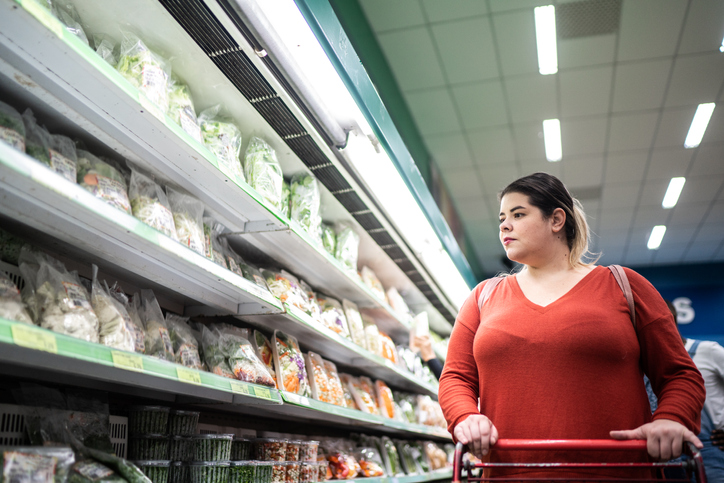When I had my first conversation of 2021 with Tan Parsons, Newtrade Media’s editor in chief, it was mostly about the Department of Health’s announcement about the restrictions on the promotion of high fat, sugar and salt products proposed to come into force April 2022.
The UK government published Childhood obesity: a plan for action in 2016 which states in its introduction: “Today nearly a third of children aged 2 to 15 are overweight or obese and younger generations are becoming obese at earlier ages and staying obese for longer.
“Reducing obesity levels will save lives as obesity doubles the risk of dying prematurely. Obese adults are seven times more likely to become a type 2 diabetic than adults of a healthy weight which may cause blindness or limb amputation. And not only are obese people more likely to get physical health conditions like heart disease, they are also more likely to be living with conditions like depression.”
Government’s unhealthy food crackdown to hit 10,000 small stores
Research into who were most vulnerable to the Covid-19 virus indicated people living with obesity and its associated conditions, including high blood pressure and diabetes, were at high risk.
I have experience of being overweight, having high blood pressure and being borderline diabetic.
When my wife and I moved to Wiltshire after selling our business nearly 10 years ago, our new GP give us both a health MOT. I dieted and increased the amount of exercise I was doing. This brought my weight down to a healthy level, my blood pressure dropped and the threat of diabetes receded.
The other risk factor the UK faces is economic. The government has reportedly borrowed £450bn in this financial year and GDP has shrunk by more than 10%.
While considering how to write this article the memory of two of my late customers and my oldest friend came to mind. They were Mary, Peter and John.
High fat, salt and sugar food restrictions paused
Mary was a heavy smoker who I met in my the very first week after taking over my store. She came to buy a pack of 200 Woodbine cigarettes and told me she would like to order a further 200 every week.
She always came shopping with her husband and in the two years she was a customer her health declined. In the final few weeks of her life she visited my shop with an oxygen supply to help her breathe. After she died I never saw her husband again.
Peter was a big character who I regularly spoke with about retail. His family had owned a chain of high-end grocery stores in Surrey. He was also an alcoholic who bought whisky and high strength lager from my store. When a friend of his told me of his passing in hospital I was mortified the alcohol I sold Peter had led to such tragedy.
John was my oldest friend. He was one of the leaders of the Cub Pack I joined when I was eight. We became good friends and kept in touch until the end of his life. He was always active, but developed diabetes later in life and as a consequence had both his legs amputated. The last time I visited at his home he was in a wheelchair.
Government launches consultation of HFSS restrictions
Recalling the experience of these three people is still shocking to me. They serve as a reminder that retailers do not trade in isolation. That our customers’ health can be damaged when certain products are consumed to excess. For neighbourhood convenience stores the health of the communities they serve could not be more important.
The independent convenience channel has a part to play in helping the nation to improve the health of every citizen.
The arrival of Covid-19 last spring found the health of too many people in the UK to be unexpectedly fragile. Government and the NHS were ill-prepared.
In December 1998, Tony Blair’s government published the Smoking Kills white paper. It took 19 years, four general elections and four prime ministers, but finally the tobacco controls now in place have gone beyond the aims of that original report.
E-cigarette use among young people falls in Wales
The earliest reference to childhood obesity in an election manifesto was in the Conservatives’ pledges of 2005. Nearly 16 years on, progress to reduce obesity has been slow. While change is always uncomfortable to accept, the coronavirus pandemic has brought the consequence of high levels of obesity in our communities into sharp focus.
Are you going to work with government to bring the proposed HFSS regulations into effect or fight them? I think I know what Mary, Peter and John would want me to do if I had continued to run my own store.
Read more on health trends in retail



Comments
This article doesn't have any comments yet, be the first!